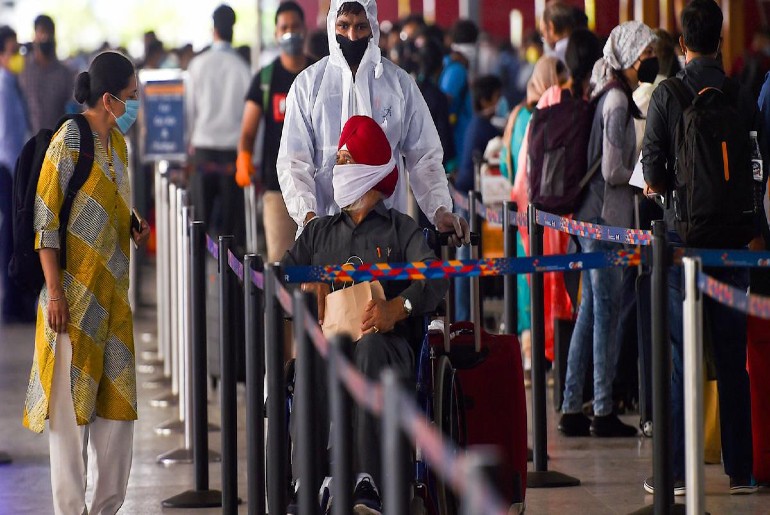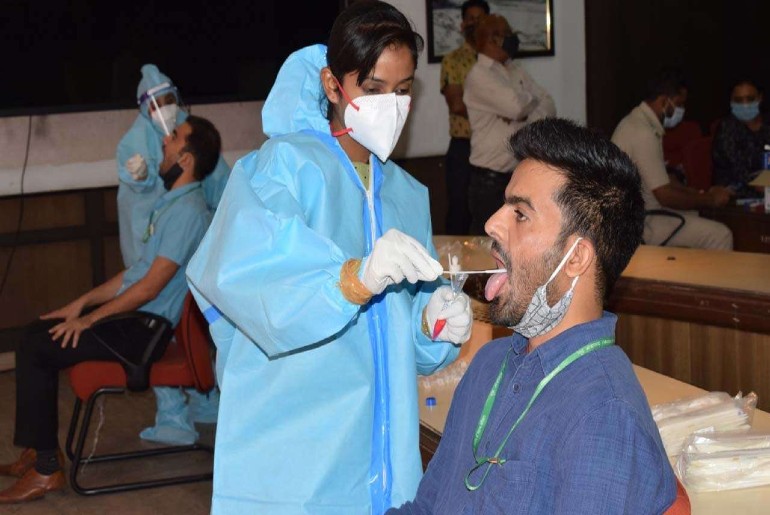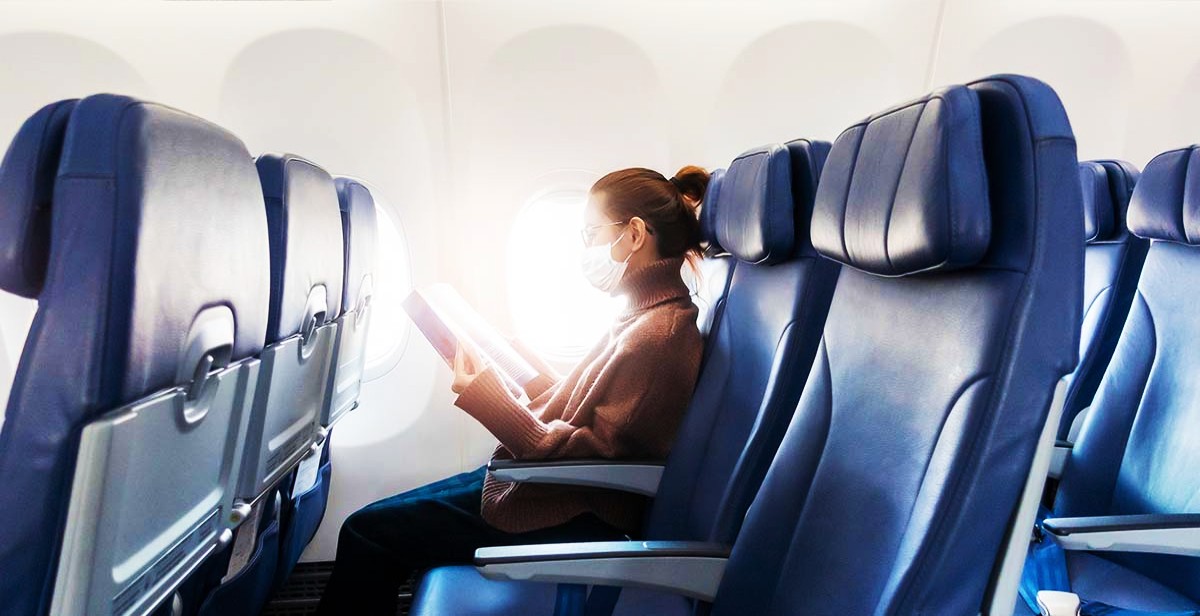Travel prohibitions on countries on the’red list,’ pre-departure and on-arrival travel tests, and a slew of other new regulations have deterred many people from taking that much-needed winter vacation. The travel and tourism industry reported an increase in cancellations in the days following the World Health Organization (WHO) classified the B.1.1.529, Omicron, as a variation of concern. After the Indian Ministry of Health confirmed cases of Omicron throughout the country, India postponed the resumption of foreign flights that were due to commence on December 15. December is the busiest travel month, especially for travellers going to India, and ticket costs are often exorbitant.
So, What Are India’s Most Recent Mandates?
Some countries have been classified as being “at risk” by the Indian government. They include European countries such as the United Kingdom. Some of the countries that are counted are South Africa, Brazil, Botswana, China, Mauritius, New Zealand, Zimbabwe, Singapore, Hong Kong, and Israel.

Travellers From Other Countries Must Follow The Following Rules:
1. If positive, be taken to a medical facility and treated according to normal procedures.
2. If they test negative, they must stay at home for seven days and then return for a re-test on the eighth day.
3. Passengers travelling from ‘at-risk’ countries must submit a negative RT-PCR report and a self-declaration form to the Air Suvidha portal, as well as take an obligatory Covid-19 test upon arrival.

Travellers From The United Arab Emirates To India Should Follow These Guidelines
The United Arab Emirates is not on India’s list of at-risk countries.
1. All passengers must submit a self-declaration form (SDF) and a negative RT-PCR test report to the Air Suvidha portal.
2. Children under the age of five are not subjected to pre- and post-arrival testing. If they are found to be symptomatic upon arrival or during the home quarantine period, they will be tested and treated according to protocol.
3. Before permitting passengers to board, airlines must verify that they have a negative RT-PCR report.
4. Upon arrival, a random sample of 2% of passengers travelling from non-risk countries will be subjected to PCR testing.
5. If the test results are positive, a sample will be sent for genomic testing, and the patient will be treated according to protocol.
6. They must self-monitor their health for 14 days if they test negative.

In India, RT-PCR Tests Are Expensive
1. You can get the test done for INR500 (Dh25) at the Delhi Airport and receive the results in six to eight hours.
2. The cost of quick PCR testing, which is required by the UAE government, varies from one airport to the next. The pricing in Mumbai is INR 3900 (Dh195), while it is INR 2490 in Kozhikode and Delhi.

State-Specific Measures
Delhi
1. All overseas travellers must complete an online self-declaration form and provide details from the previous 14 days on Air Suvidha.
2. Passengers must upload a negative PCR test record from 72 hours before to departure.
Kerala
1. Upon arrival, all foreign visitors will be tested. Those who test positive will be transferred to hospitals. People who arrive from high-risk nations and test negative will be quarantined for seven days before taking another test.
2. Passengers who have tested negative will be permitted to return home. Passenger transportation will be limited to the driver.
3. All drivers transporting people from the airport must wear face masks and face shields.
Maharashtra
1. High-risk passengers arriving from South Africa, Botswana, or Zimbabwe, as well as those who have visited these countries in the previous 15 days, will be deplaned first, and airport management will set up separate counters.
2. All travellers travelling from high-risk countries must undergo RT-PCR for a seven-day institutional quarantine. Cases that are found to be positive will be taken to a hospital.
3. On the seventh day, a follow-up PCR test will be conducted.
4. All international travellers are required to report their 15-day trip history to the authorities before departing.
5. Passengers travelling from non-risk nations and countries designated as at-risk by the Ministry of Health and Family Welfare would be subjected to the government’s protocols.
Karnataka
1. A PCR test and a seven-day home quarantine have been imposed by the state government.
2. Those who test positive or show symptoms will be subjected to home testing on the fifth day, while those who test negative will be subjected to a seven-day in-home quarantine.
3. In addition, on the seventh day, the asymptomatic ones will be examined; if they test positive, they will be treated individually or admitted to the hospital right once.
Madhya Pradesh
1. If a current report is not available, all travellers will be required to perform a PCR test upon arrival.
Uttarakhand
1. All passengers will be subjected to tests. Passengers who test positive for Covid-19 or are determined to be sick shall be quarantined for 14 days.
Kashmir (Jammu and Kashmir)
1. At the airport, all overseas travellers will be subjected to an obligatory RT-PCR test, followed by a seven-day home quarantine.
2. Passengers will be retested on the eighth day of their home quarantine, or if any symptoms emerge during the quarantine.
3. Even if the RT-PCR results are negative, they must continue to self-monitor for another week in tight home isolation.




